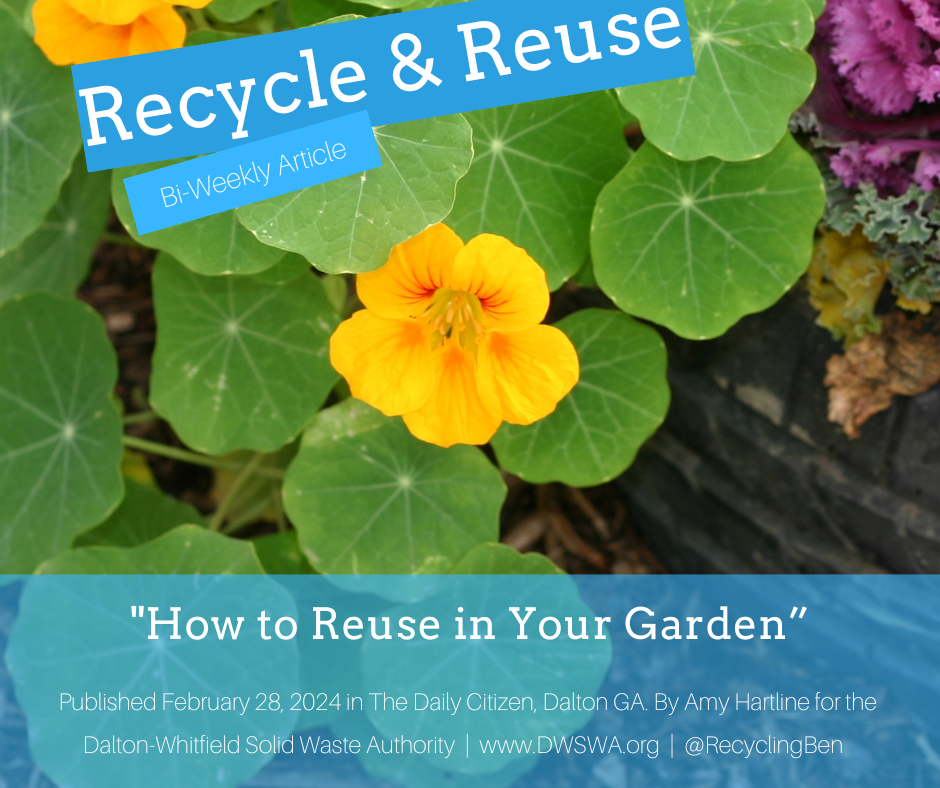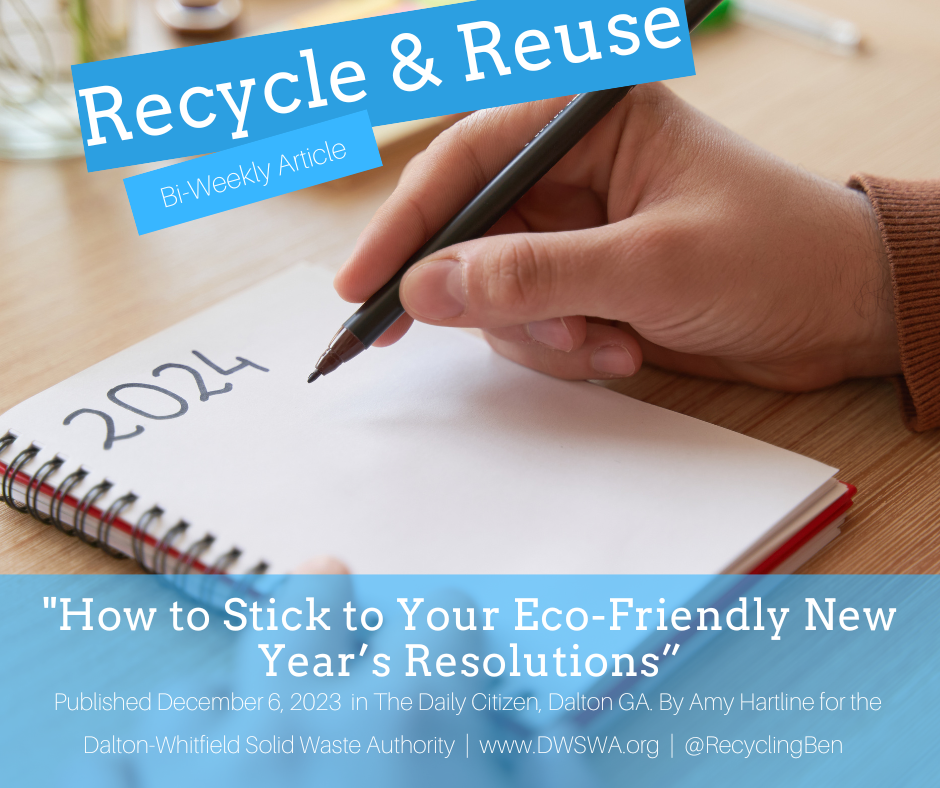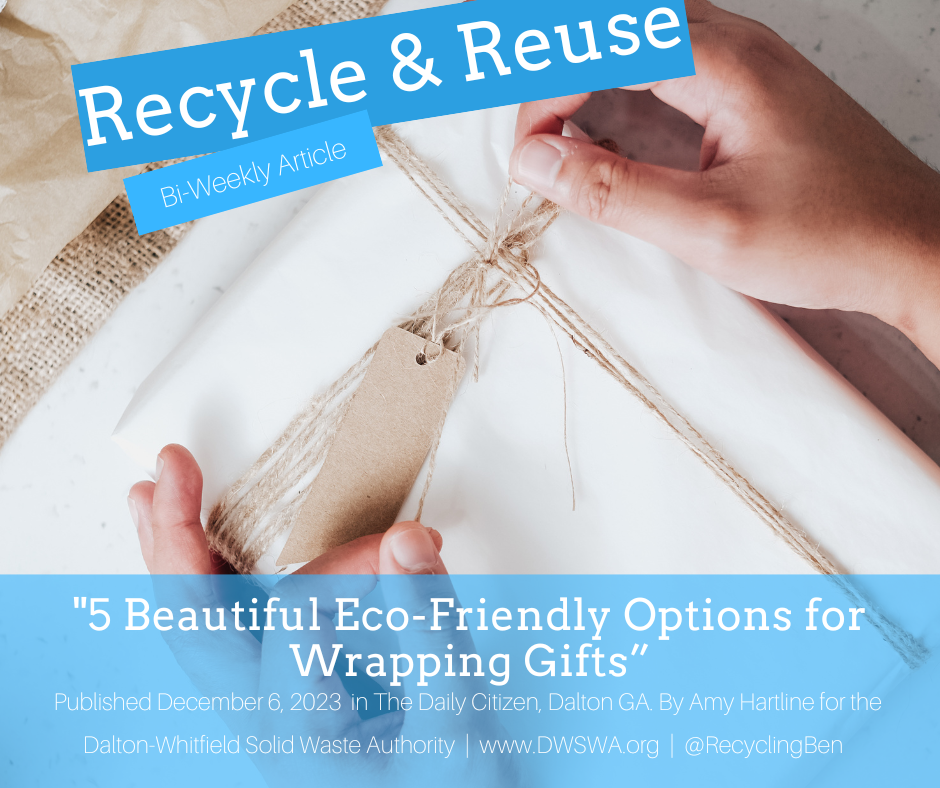Properly Dispose Of Expired Medication
/Unused and expired prescription medication should be properly disposed to avoid contamination.
If you or a loved one have been sick recently you may have unused prescription medication that you no longer need. You may even have old expired medication hiding in your medicine cabinet that is several years old. Because medicine is made up of chemical compounds that may be harmful to people and the environment they should be disposed of in a safe way.
Flushing medication down the toilet may be a common answer to getting rid of used medication, however, it is not an appropriate method of disposal. According to Take Back Your Meds (www.takebackyourmeds.org), “Medicines that are flushed or poured down the drain can end up polluting our waters, impacting aquatic species, and contaminating our food and water supplies.”
Instead of flushing medication consider taking it to a drug disposal box. Both the Dalton Police Department and the Whitfield County Sheriff's Office have a drug disposal box available at their facilities year round. Each of these boxes is a safe way to properly dispose of medication and keep them out of the wrong hands.
The box hosted by the Dalton Police Department can be found at the Police Services Center lobby at 301 Jones Street. Residents can drop off used and unwanted medication Monday through Friday from 8:00 am until 4:30 pm. This drop off box is for the collection of prescription drugs and is not intended for the disposal of illegal drugs. Needles, sharps, liquids, inhalers, or thermometers are not accepted.
The Whitfield County Sheriff’s Office also has a box available at the Detention Center lobby at 805 Professional Blvd., which is accessible twenty-four hours a day. While this site accepts prescription medications, they do not accept liquids, needles, sharps, or any type of biohazardous materials. The box was provided through the Georgia Prescription Drug Abuse Prevention Initiative of the Council on Alcohol and Drugs in order to prevent and reduce prescription drug abuse in Georgia.
Medication to be dropped off at either location should be in the original container with the original label indicating the type of medicine. Using a black marker, cover personal information like your name and address. Medications can be current or expired, belong to you, a family member, pet, or a deceased individual.
These “take-back” programs offer the best disposal option, especially when it comes to keeping drugs off the streets. However, you can also follow the Food and Drug Administration’s guidelines for disposing of unwanted or left over non-prescription medication. Taking the extra steps is worth it when you consider that some medicines may be harmful if taken by someone other than the person it was prescribed for.
Remove non-prescription medication from its original container and place it in a plastic bag, sealable bag, empty can or another container to prevent the drug from spilling after it’s been thrown away. Fill the bag with an undesirable substance like used coffee grounds, dirt, or kitty litter, then mix. Place the bag in the garbage can in the middle of other household garbage.
Mixing the drugs with an undesirable substance makes the drug less appealing to children and pets. And, it may make the drugs unrecognizable to people who may intentionally go thru the trash seeking drugs. However, the best solution is to use the “take-back” boxes available at the facilities mentioned above.
If you have needles or sharps to dispose of the “take-back” box is not an appropriate disposal option. To properly dispose of sharps collect them in an official red sharps container. If you don’t have one you can make one at home. The FDA recommends using a plastic jug that is made of heavy duty plastic, stays upright, and has a tight-fitting lid that cannot be punctured.
Plastic laundry detergent jugs are ideal, while yellow milk jugs are a good second option. To prepare the jug for collection label the jug as “Household Sharps, Do Not Recycle” or “Sharps Biohazard, Do Not Recycle”. Dispose of the household sharps container when it’s two-thirds full in the center of a full trash bag and discard it with regular trash. Do not put containers with sharps in the recycling bin.
For your health and safety, and the health of the environment take some extra time to properly dispose of medication. When you’re unsure of the appropriate disposal method for a particular medication consult your pharmacist.
































